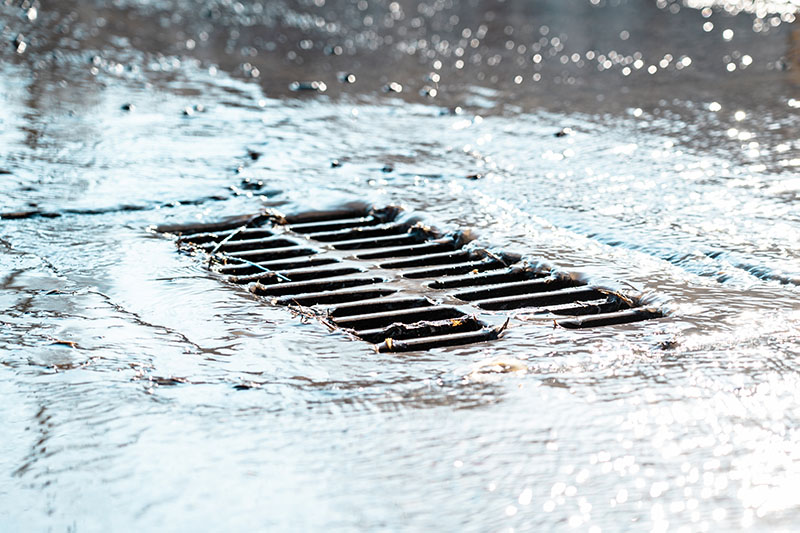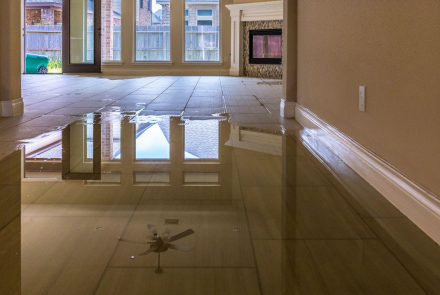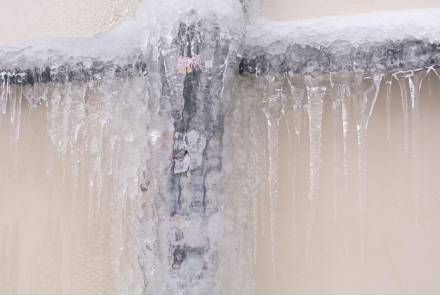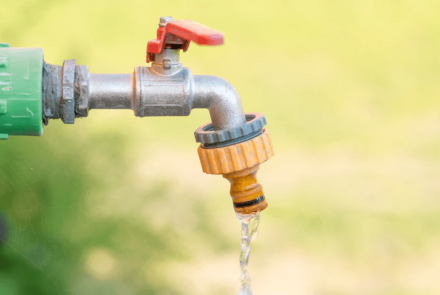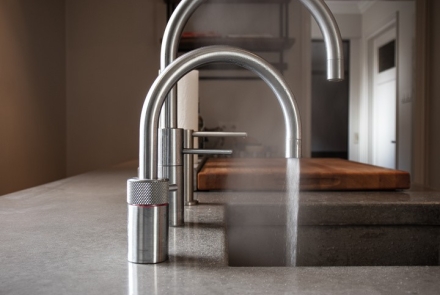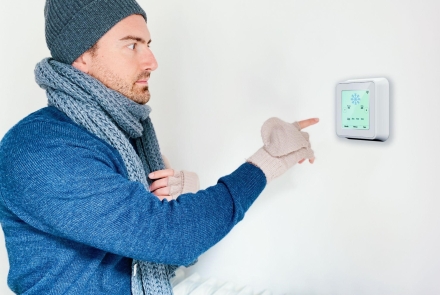Stormwater is water from precipitation events such as rain. It runs across the urban landscape, over streets, roofs, and other surfaces before gravity deposits the polluting particles it carries across the environment. This runoff no longer spreads downward and evaporates in the soil; it flows along the ground and into storm drains, rivers, lakes, and the seas.
Winter weather complicates stormwater management. Snow conveyance cannot happen, while strong precipitation saturates frozen grounds and causes sharp spikes of runoff and existing drainage systems. Ice forms in the drain and gutter, and pollutants in the snow accumulate to be discharged in a single blast during spring. Especially in the Chicagoland area where winter can be harsh, we must focus on saving our water assets and keep our environment clean.
The Importance of Effective Management
- Flooding: When the ground freezes and drains get blocked, water spills over, wrecking property and creating dangerous situations. It can flood roads, basements, and freeze over to create poor driving conditions.
- Pollution: As snow and ice melt, pollutants like road salt, sand, oil, and trash wash into our waters, affecting water creatures and worsening water quality. This raises environmental concerns.
- Infrastructure Damage: Ice can harm roads, sidewalks, and buildings, requiring expensive fixes.
Good cold weather stormwater control helps to lower these risks and has many upsides:
- Property Protection: Good drainage and snow removal prevent water damage to homes and businesses. Environmental Protection: By reducing pollution, we keep our rivers, lakes, and streams healthy.
- Community Well-being: Smart stormwater handling makes winter safer and more fun for everyone. Common issues with cold weather can bring problems when dealing with stormwater.
Common Issues with Cold Weather Stormwater
- Ice Dams: Ice dams build up on roofs, blocking proper drainage and damaging buildings with water.
- Snowmelt Runoff: Quick snowmelt can overflow drainage systems, causing local floods. Frozen Pipes: They can burst, causing property damage and infringing water service.
Practical Solutions for Homeowners and Property Managers:
- Keep drainage systems working: The outside of the home must be tidy, and all the gutters, drainpipes, downspouts, and other drainage structures must work well.
- Use de-icers: Cut down on salt and other de-icers, as they can pollute. Choose eco-friendly options when you can.
- Unhook downspouts: Think about unhooking downspouts and pointing water away from foundations to stop basements from flooding.
- Wrap pipes: Wrap pipes well to prevent freezing and bursting.
Environmental Best Practices
Making winter stormwater management eco-friendly plays a key role in long-term sustainability. Here are some green solutions:
- Rain Gardens: These sunken garden beds catch and clean stormwater runoff, reducing pollution and topping up groundwater.
- Porous Pavements: These surfaces with tiny holes let water soak into the ground, reducing runoff and refilling groundwater stocks.
Get Set for Winter
Cold weather stormwater management requires everyone to pitch in. When we get our hands around the obstacles and create tangible solutions, our properties will remain safe, our environments protected, and winter will be guaranteed safer and healthier. Winter doesn’t have to be a surprise attack on your body, home, and neighborhood.
Learn how to manage stormwater in your yard and contribute to efforts to improve the planet. Contact Robert Bair for professional assistance and consultation. We are willing to help you with the challenging aspects of controlling winter stormwater and implementing stringent green solutions.

